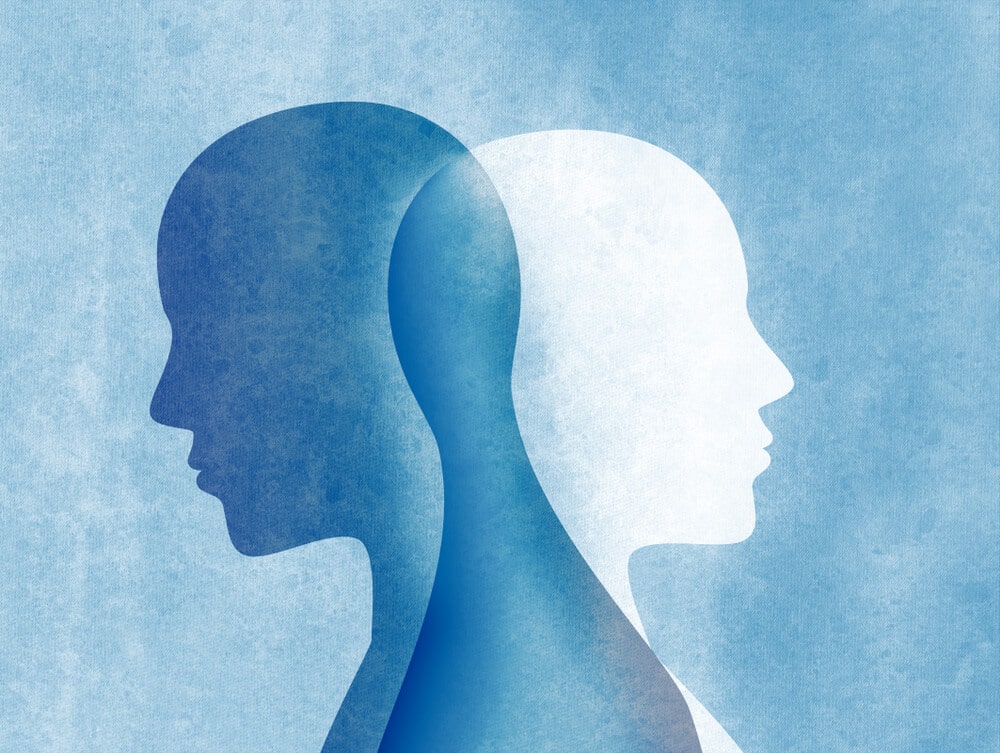Mental illness and addiction are two of the most stigmatized health conditions people can face. When put together, in the comorbidity known as dual diagnosis, the challenges only multiply.
Broadly, there are three ways mental illness and addiction interact: mental illness can lead to self-medicating with addictive substances and behaviors; long-term use of certain substances can induce mental illness; and mental illness and addiction share many of the same underlying causes.
Individuals experiencing both addiction and mental illness are particularly high risk patients. Individuals experiencing both addiction and mental illness are particularly high risk patients. Dual diagnosis treatment can improve their health outcomes, especially in the long run.
Getting to a dual diagnosis
Many people miss out on the benefits of dual diagnosis treatment for years, because the overlapping symptoms of mental illness and addiction can mask one or the other disorder. Accurate diagnosis is also complicated by the fact that people may have more than one mental illness and/or more than one addiction.
Addiction and mental illness are both chronic brain disorders that rewire the brain. When this occurs over many years, it can be especially difficult to trace the problems back to their source.
How Mental Health and Addiction Are Related
Different mental health disorders can make people prone to addiction in different ways. Individuals suffering from depression are low on the very chemicals, like dopamine and serotonin, that addictive substances provide.
Similarly, people with anxiety are likely to discover early on that certain substances, especially alcohol and marijuana, effectively lessen their symptoms–momentarily, anyway. OCD, PTSD, and other anxiety-related disorders can lead to the same situation.
The relationship between mental illness and substance abuse goes both ways, as using certain substances can incline people to develop mental health problems, especially if they were already at risk. Most commonly, wiring the brain to expect constant artificial inputs of naturally occurring chemicals results in a diminished capacity to create normal levels of those essential chemicals.
This feedback loop creates a vicious cycle. Dual diagnosis treatment provides a way out of that cycle.
Why Dual Diagnosis Treatment is Effective
Studies show that people suffering from both mental illness and addiction achieve better results when both diagnoses are treated at the same time, and the best results are achieved when people are able to receive integrated dual diagnosis treatment.
Dual diagnosis treatment differs from traditional treatment for addiction in a few key ways. It tends to take a longer term outlook, as individuals with dual diagnosis are more prone to relapse. Dual diagnosis is more complex than mental illness or addiction on their own, so the treatment must also be more complex, utilizing a greater variety of therapeutic methods.
Dual diagnosis treatment proceeds at a more individualized pace, as the ways that mental illness and addiction interact are so varied, and patients may be suffering from more than one of both.
Get the Right Dual diagnosis Treatment
With mental illness and addiction so often co-occurring, it is vital that patients are able to access appropriate diagnosis and treatment. Taking the time to patiently address the complexity of dual diagnosis is the best way to achieve long-term mental health and sobriety.


